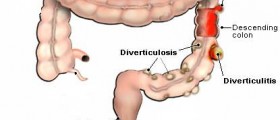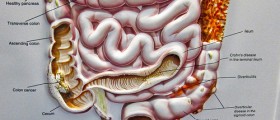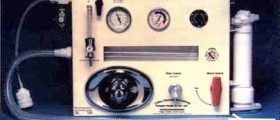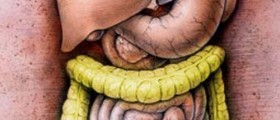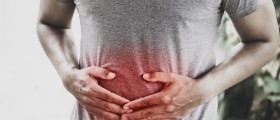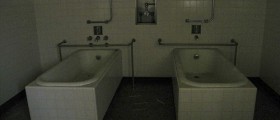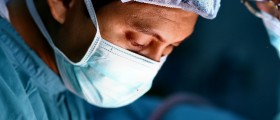Overview
The reasons why an intestinal/bowel resection (removal) may be performed could be due to conditions such as:
- Obstruction/blockage of the bowel.
- Diverticulitis - where inflammation or infection of the smooth muscle pockets that protrude from the large colon can cause complications such as rupturing of these masses.
- Crohn's disease - an autoimmune condition that results in persistent inflammation and damage to the tissue of the bowel.
- Colon cancer.
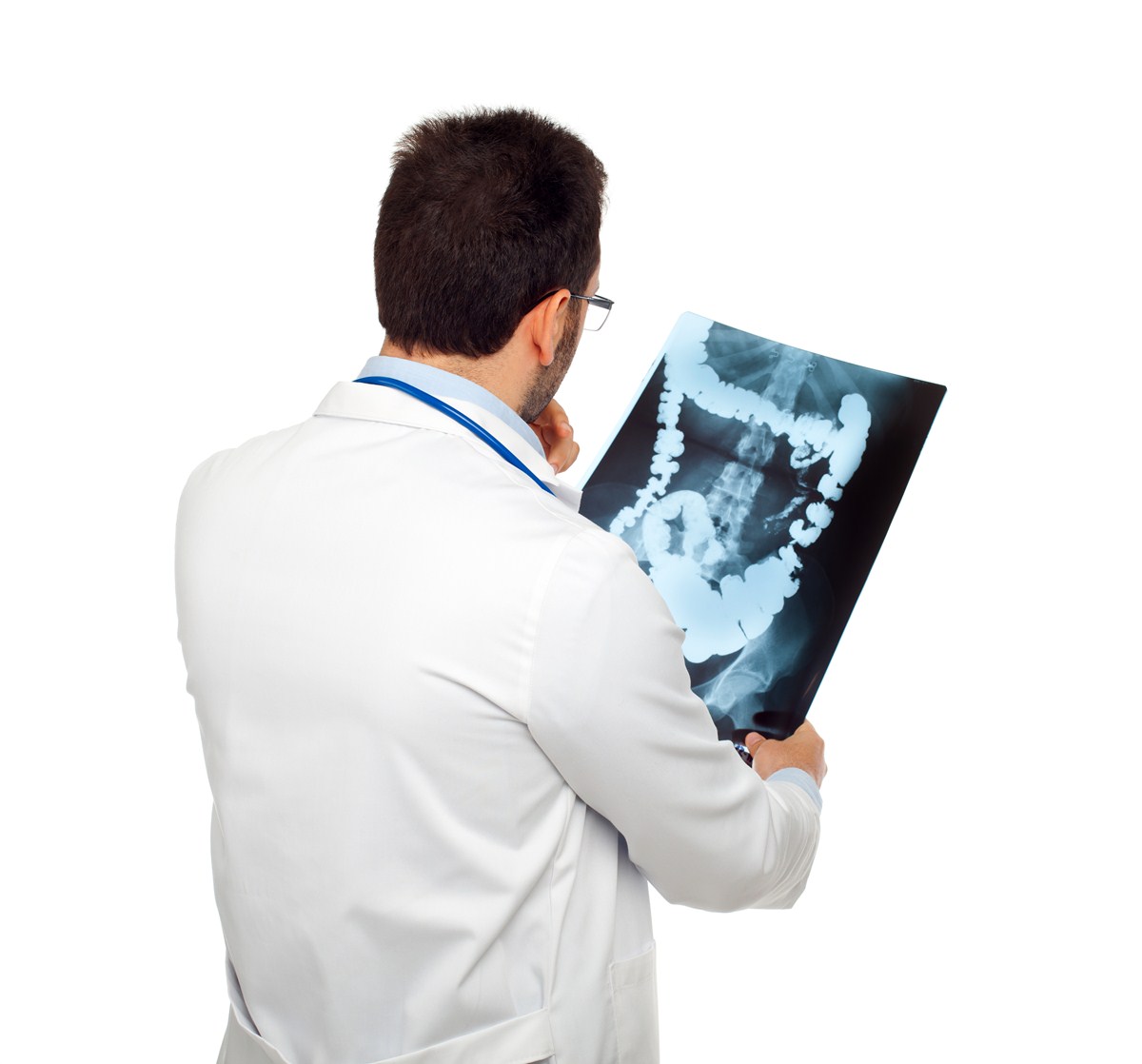
Efficacy
Resection of the bowel is the most successful treatment for invasive cancer involving the colon and the rectum. Bowel resection for diverticulitis is also a very successful therapy as only 12 percent of these patients develop the condition again, but they can be managed effectively enough without further surgical intervention.
What is expected after bowel surgery?
Bowel resection can be performed as an open procedure or laparoscopically, where small incisions are made on the skin of the abdomen and slender instruments are used together with a camera to visualize the internal anatomy in order to perform the procedure. The choice of surgery will depend on the severity of the condition and the health status of the patient.
The procedure requires that the patient is put under a general anesthetic and one may stay in the hospital for four to seven days, to make sure that they don't pick up any infections, or for up to two weeks after the procedure depending on how the patient responds.
A colostomy is usually a temporary situation until the rectum or colon heals completely and the tissue can then be anastomosed about six to 12 weeks after the initial procedure. If the lower part of the rectum needs to be removed or if a very large part of the colon was resected then the colostomy is a permanent structure.
The total recovery time after a one-stage or two-stage procedure is usually around six to eight weeks. Thereafter, there shouldn't be any issues experienced by the patient unless a new problem arises.
Patients with bowel resection surgeries usually return to their normal diets after the procedure has been performed with only slight changes being made in the initial days after the procedures.
It is recommended though that these patients consume healthier foods such as whole grains, fruit, and vegetables and try to reduce junk and refined food intake. This change in diet helps the colon to function properly and prevent diarrhea or constipation and also aids in the overall health of the patient.
- Photo courtesy of SteadyHealth



